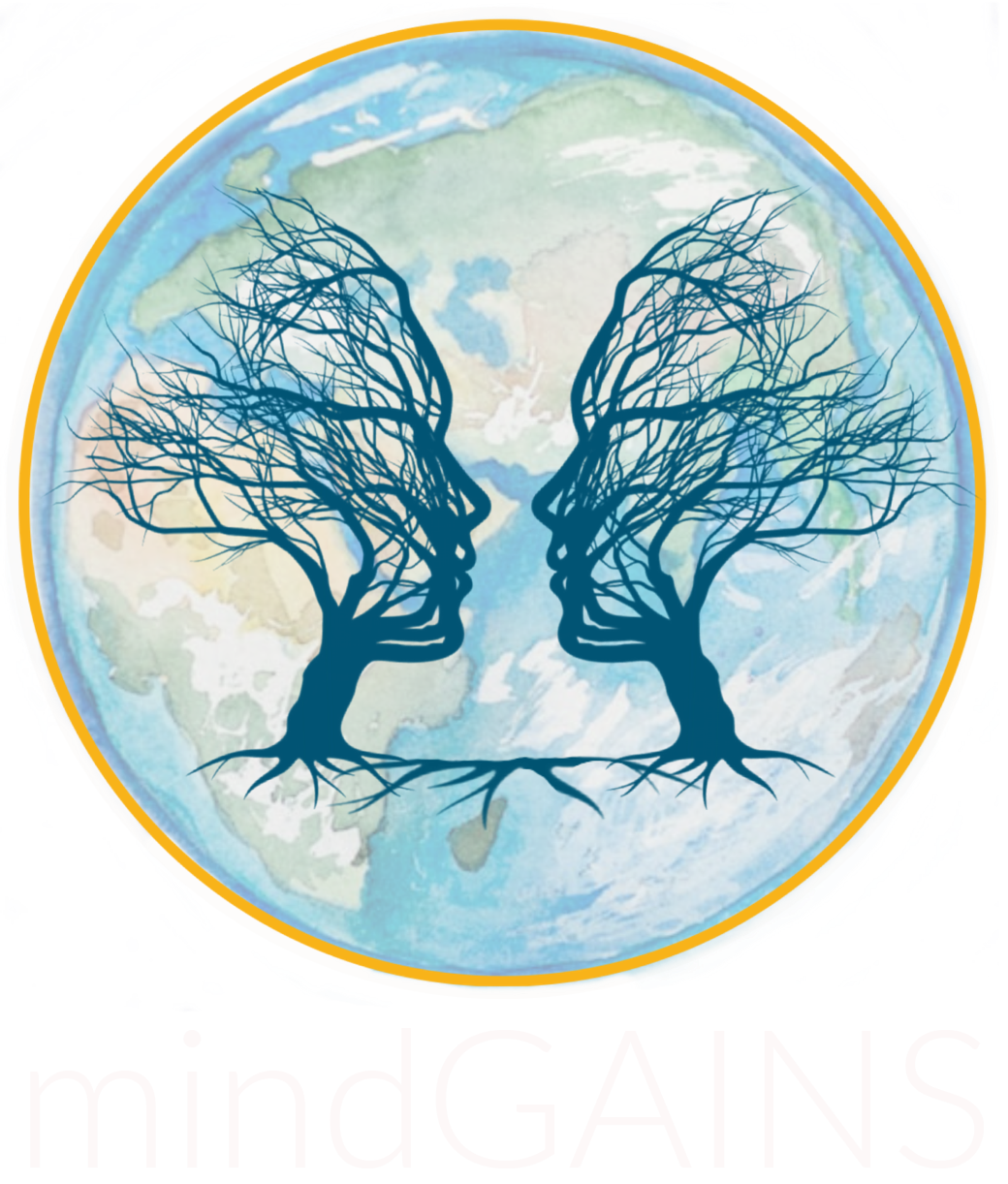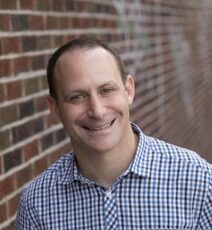How therapists make art out of life.
by Michael Alcee Ph.D.
Originally posted in Psychology Today, May 15th, 2022
“Who, me, an artist? But I’m not going to drop an album, release a book, or be in a movie anytime soon.”
Yes, you, an artist!
Hear me out before you wave this one away, as Irvin Yalom did when I initially posed the question to him at a Psychotherapy Networker conference. I had asked him if he realized how he had taught so many therapists to be artists like himself, and he quickly demurred that he wasn’t really an artist in the way we usually think of one or the way he admired so many artists himself. In a subsequent communication, he acknowledged the connection I had attempted to make when I posed the question to him.
So master clinician Irvin Yalom doesn’t see himself as an artist, either, at least not in the traditional sense of the word, or the way in which I am asking you to consider in this post? That’s right, even the best therapists don’t always appreciate the “artistry” in what they do.
So many of us fail to see ourselves as artists, and yet it’s crucial that we do, so we remain confident and inspired in our day-to-day work. And it can cushion against the rampant burnout happening on both sides of the couch during this pandemic.
We conduct intakes for a reason. We are implicitly asked all the time to figure out the unique music our clients are playing without even having a score or knowing the key, tempo, or composer. Imagine yourself as a jazz player reading the chord changes, making something interesting and musical out of the sadness, anxiety, fear, pride, and desire all trying to express themselves in your client’s unique pain and possibility.
Isn’t this what we do?
Every day, we summon ourselves like actors to the role of deeply imagining and empathizing what our clients are experiencing and playing it back to them, so they can vary it and try on new roles, and so they can have more freedom, fulfillment, and hope.
It’s easy for us to see ourselves as authors, helping clients tell their stories more fully, switching back from present drama to flashbacks and, of course, the future dreamsthey only wish someone could help them see more clearly. What is it that I really wish to happen, and why, like a dream, can’t I grasp it? We write and revise with and alongside our clients, and it’s about time that we see ourselves as the artists we truly are.
Starting to get convinced? Don’t feel bad, even the high-level musicians I work with at the Manhattan School of Music don’t see themselves as artists—in their personal lives, that is. As a culture, we lop off our personal creativity from our artistic creativity and only reserve the term “artist” for a small subsegment of the population: painters, actors, musicians, dancers. But this is a disservice, not only to the general public but even more so to we therapists who need to lead the way, showcasing mental health as the art of living life creatively.
Therapists, like artists, make new forms out of old, familiar ones and, better yet, they take liberties and become subversive with them. Think Bansky. His punny painting Show Me the Monet reimagines and refashions Monet’s iconic “Waterlilies” strewn with toppled grocery carts and a jarring orange construction-site cone. It’s a tour-de-force commentary of the ways in which humankind pollutes the environment it wishes to glorify and how we overconsume and lose contact with what is most essential. And yet it also echoes and builds on the work of the masters, paying homage to Monet’s capacity to see the beauty in his world and challenge it with his realism. As therapists, we, too, help our clients to both connect and complicate what is possible and real in their family stories, relationships, and unfolding selves.
We are neurologically built to be artists, as Picasso once noted when he suggested that all children start out being artists but merely forget as adults. Our right brain’s capacity for imagination, empathy, metaphor, humor, and dreams is the true maestro, to paraphrase writer Iain McGilchrist, and our left brain, the home of our vaunted logic, language, and linear view of ourselves, is the emissary. Albert Einstein once said, “The intuitive mind is a sacred gift, and the rational mind is a faithful servant. We have created a society that honors the servant and has forgotten the gift.” Nowhere is this more important and more lacking than in therapy.
We need to reclaim the notion of our work as art and take pride again in the unique music, narrative, and drama that it produces, and how it changes us, them, and our world, one session at a time.
About
Michael Alcee, Ph.D., is a clinical psychologist, TEDx speaker, podcast host, and author who specializes in using his background in music, literature, and the arts to showcase the transformative power of psychotherapy. He is the 2019 winner of the American Psychological Association Schillinger Memorial prize for his essay on the link between jazz and psychoanalysis: “Reading the Changes: Freud’s Improvisational Art.” He currently works in private practice and as Mental Health Educator at Manhattan School of Music. To learn more about him, check out his website at michaelalcee.com. You can also learn more about his work helping inspire other psychologists to write the book and do the TEDxTalk they’ve always dreamed of sharing at psychwriters.com.

